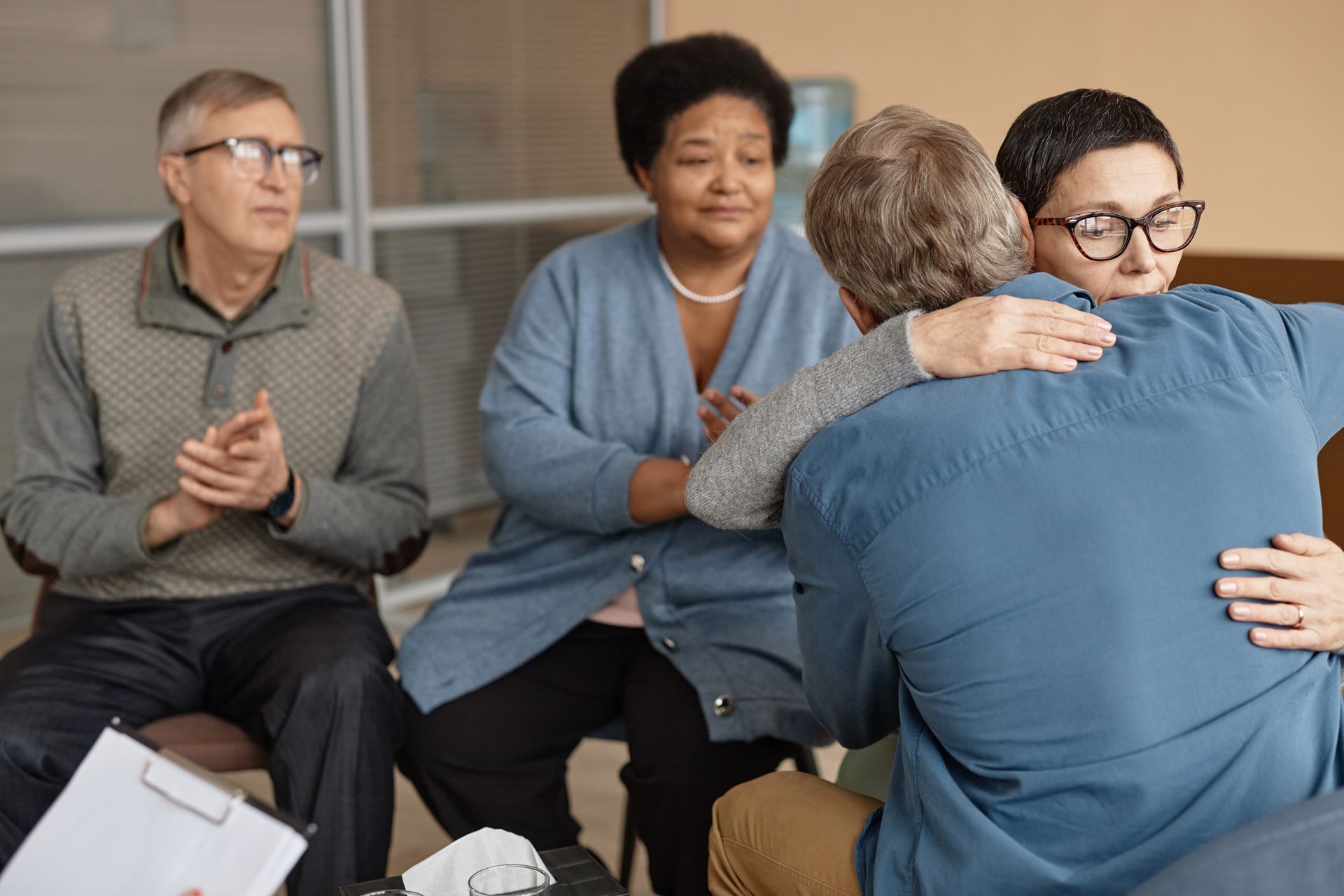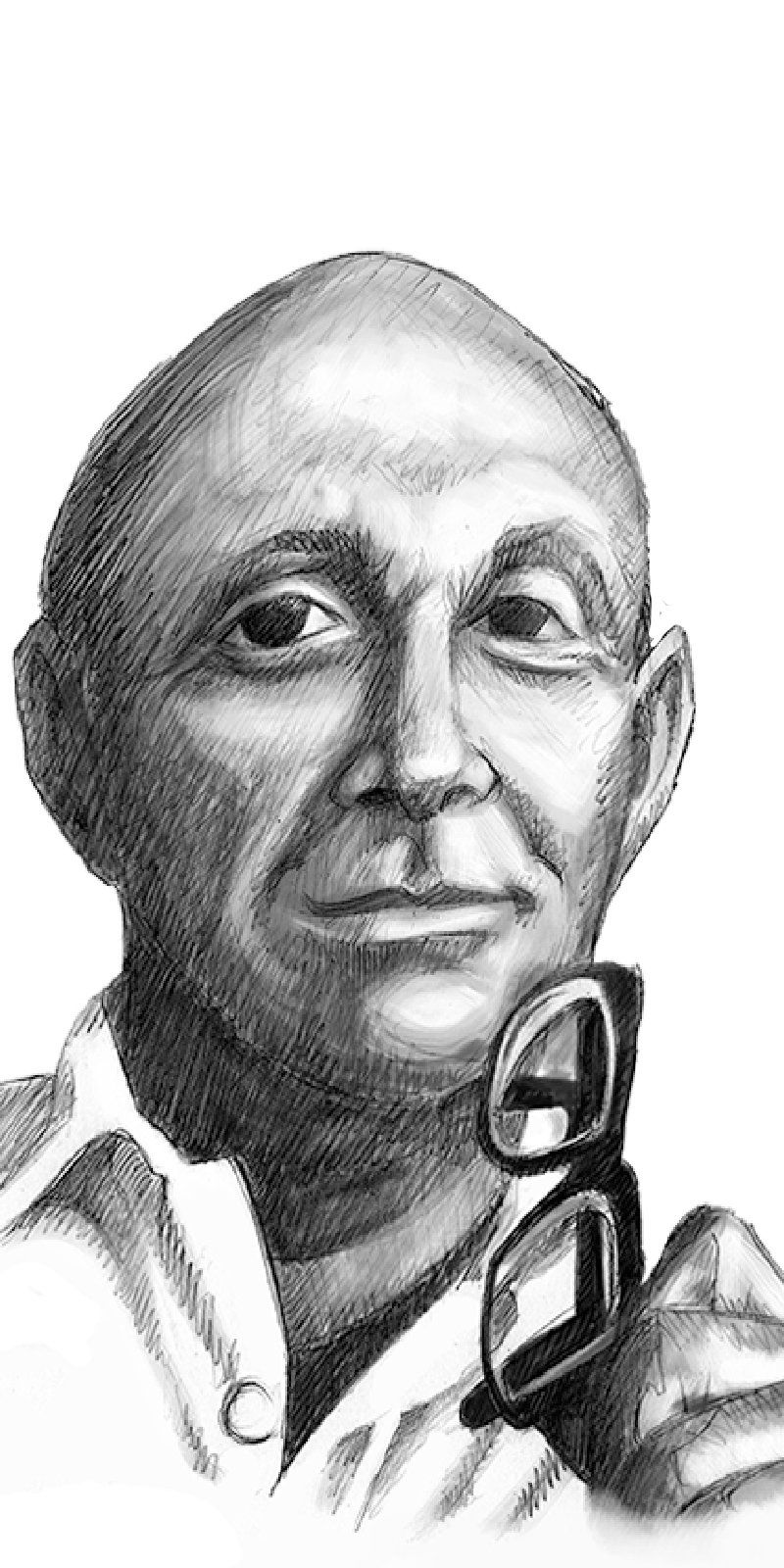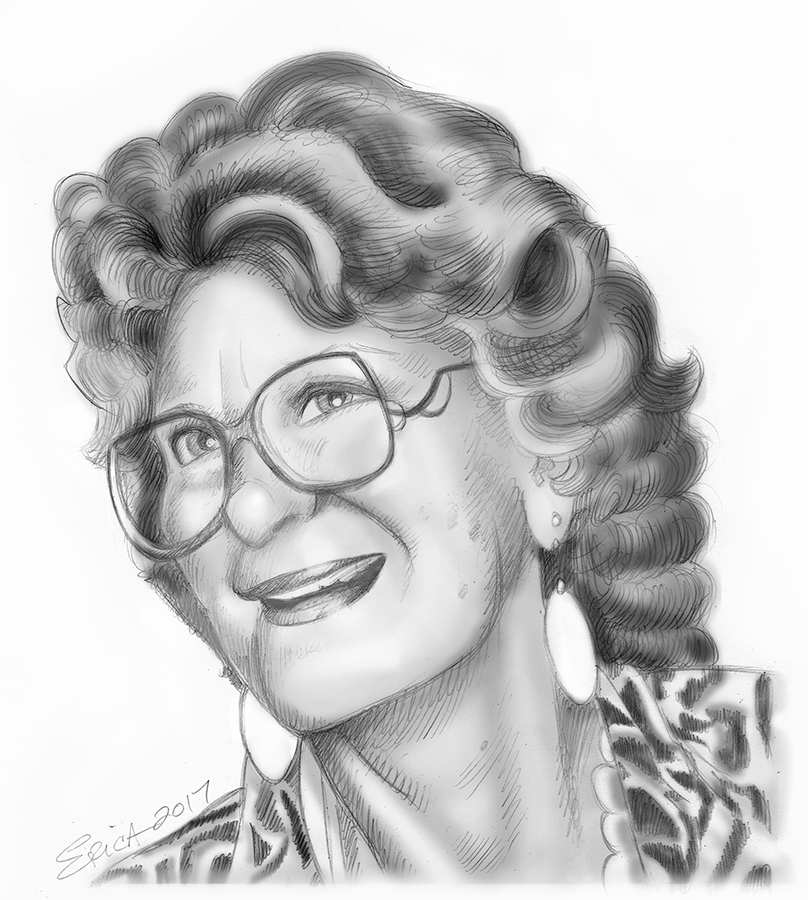Empowering Therapeutic Communities
PAIRS is foundational in establishing and nurturing a thriving therapeutic community. Its principles stem from the understanding that human beings have a profound biological and emotional need for bonding—both emotional openness and physical closeness. This framework addresses the unmet emotional needs that often underlie personal struggles, fostering a space where individuals can heal and grow together.
Core Elements of PAIRS in a Therapeutic Community:
- Fostering Emotional Connection: A thriving community prioritizes emotional openness, where members can express their true feelings without fear of judgment. This creates an environment where individuals can move beyond emotional isolation and begin to experience the deep connections necessary for well-being.
- Transforming Emotional Conditioning: Many people carry emotional conditioning from childhood that limits their ability to connect intimately. PAIRS provides tools to recondition these maladaptive patterns, helping individuals release fears of intimacy and rediscover their capacity for authentic human connection.
- Meeting the Need for Bonding: Bonding is not a luxury—it is a biological necessity. PAIRS helps individuals meet this need in safe, structured ways, allowing them to experience emotional fulfillment and reduce feelings of loneliness, isolation, and disconnection.
- Empowering Through Responsibility and Autonomy: In any therapeutic community, members must balance personal responsibility with the shared goal of mutual support. PAIRS encourages individuals to take responsibility for their feelings and actions while fostering an environment of trust and cooperation.
- Practical Tools for Growth: PAIRS offers practical methods for resolving conflicts, communicating effectively, and building intimacy. These tools empower individuals to navigate relationships both within the community and in their broader lives.
Building a Thriving Community
A therapeutic community grounded in PAIRS principles becomes a haven where individuals can safely explore their emotions and relationships. The collective experience of bonding creates a supportive network that mirrors the kind of connections human beings are biologically wired to seek. Within this space, members can heal from emotional wounds, learn to trust, and embrace a life of greater emotional satisfaction.
In essence, PAIRS is not just a method but a pathway to rekindle the joy of human connection. It transforms pain into understanding, isolation into belonging, and fear into love, forming the foundation of a community where all members thrive.



PAIRS Visionaries
Daniel Casriel’s Impact on Therapeutic Communities and the Development of PAIRS
Daniel Casriel, MD was a visionary psychiatrist whose pioneering work in therapeutic communities and emotional expression has left a lasting legacy on mental health treatment and relationship education. His contributions not only transformed therapeutic approaches to healing but also significantly influenced the creation of PAIRS, a globally recognized program for fostering emotional literacy and intimacy.
The Bonding Theory: Foundation of Connection
Central to Casriel’s work was his theory of bonding, which he identified as a fundamental human need. His groundbreaking insight was that emotional openness and physical closeness are essential for psychological well-being and relational health. Observing that his patients often struggled with feelings of loneliness, emptiness, and a sense of disconnection, Casriel developed methods to help individuals access and express these core emotions.
Casriel’s focus on bonding as a biological imperative became a cornerstone of the PAIRS program, which emphasizes emotional openness and trust as the foundation of intimacy and healthy relationships. His insights inspired PAIRS' exercises such as the Emotional Jug, which help participants navigate their emotions and connect authentically with others.
Therapeutic Communities as Models for Growth
Casriel’s work in therapeutic communities provided the framework for group-based healing that emphasized shared responsibility, trust, and emotional expression. Within these communities, he introduced cathartic techniques, such as full-bodied emotional expression, to allow participants to release pent-up emotions and connect more deeply with themselves and others.
This group dynamic directly influenced the experiential nature of PAIRS, which is built on creating safe, interactive spaces where participants learn to deepen empathy, improve communication, and navigate conflict constructively. Casriel’s belief that bonding and emotional literacy could be taught in a supportive environment laid the groundwork for PAIRS' unique blend of education, group process, and experiential learning.
The Relationship Road Map: A Lasting Framework
Casriel’s theoretical contributions were formalized in the "Relationship Road Map," a practical framework that highlights bonding as central to emotional well-being and relational satisfaction. The Road Map, a guiding metaphor within PAIRS, organizes activities and concepts to help participants understand the logic of emotions, navigate relationship challenges, and fulfill their need for connection. By integrating this framework, PAIRS equips individuals with tools to foster healthy intimacy and emotional resilience.
A Bridge to Relationship Education
Casriel’s impact on PAIRS extended beyond his theories. His emphasis on practical, teachable skills for emotional connection aligned perfectly with PAIRS founder Lori Heyman Gordon’s vision of a program that combined enrichment, education, and treatment. Together, their work ensured that the transformative insights from therapeutic communities could reach a broader audience, including couples, families, and individuals seeking tools for emotional and relational growth.
Casriel’s Enduring Legacy in PAIRS
Today, the influence of Daniel Casriel is evident in every facet of PAIRS. His dedication to addressing the universal human need for bonding continues to inspire the program’s mission to create a safer, saner, and more loving world. By integrating his work into PAIRS, Gordon ensured that Casriel’s insights would not only support therapeutic communities but also empower countless individuals and couples to strengthen their relationships and emotional literacy.
Inspiring Thought
“Bonding—physical closeness and emotional openness—is not just a want; it’s a need. Meeting this need transforms lives, strengthens relationships, and creates a foundation for lasting intimacy.” — Daniel Casriel.

Virginia Satir’s Impact on Therapeutic Communities and the Development of PAIRS
Contributions to Therapeutic Communities
- Focus on Communication: Satir’s emphasis on clear, open, and honest communication was groundbreaking. She identified patterns of communication—placating, blaming, computing, distracting, and leveling—that affect relational dynamics. Her insight that leveling, or congruent communication, fosters authentic connection became a cornerstone of effective therapeutic communities, where open dialogue is critical.
- The Role of Self-Esteem: Satir believed that healthy relationships are built on a foundation of self-esteem. Therapeutic communities that incorporate her teachings often include practices aimed at helping individuals strengthen their sense of self-worth. These practices create an environment where members can explore their vulnerabilities without fear of judgment.
- Family Reconstruction: Satir's techniques for exploring and reframing family histories allowed individuals to understand how past experiences influence their present behaviors. Therapeutic communities adopted her methods to help members unpack and address unresolved familial patterns, fostering emotional growth and relational healing.
- The Importance of Nurturing: Satir emphasized the power of nurturing touch and affirming interactions in healing emotional wounds. In therapeutic communities, her ideas inspired practices that encourage members to provide and receive emotional support, creating a safe space for growth.
Contributions to PAIRS
- Emphasis on Emotional Literacy: Satir’s work highlighted the importance of naming and expressing emotions to build healthier relationships. PAIRS integrates this principle by teaching participants how to identify and share their feelings constructively, fostering deeper intimacy and understanding.
- Congruence in Relationships: Satir’s concept of congruence—aligning feelings, thoughts, and behaviors—directly influenced PAIRS’ approach to fostering authenticity in relationships. This principle is evident in PAIRS’ exercises, which guide participants toward honest and aligned interactions.
- Focus on Systemic Dynamics: Satir viewed relationships as systems, where each individual’s behavior impacts the whole. PAIRS adopts this systemic perspective, emphasizing the interconnectivity of relationships and the importance of mutual responsibility in fostering a healthy relational environment.
- Nurturing as a Skill: Building on Satir’s belief in the healing power of nurturing, PAIRS includes exercises that encourage participants to express care and appreciation for one another. These practices reinforce bonds and help meet the universal need for emotional connection.
- Growth as a Lifelong Process: Satir saw personal growth as an ongoing journey. PAIRS reflects this philosophy by equipping individuals with tools and skills they can continue to use throughout their lives to deepen their relationships and enhance their personal well-being.
Satir’s Lasting Legacy

